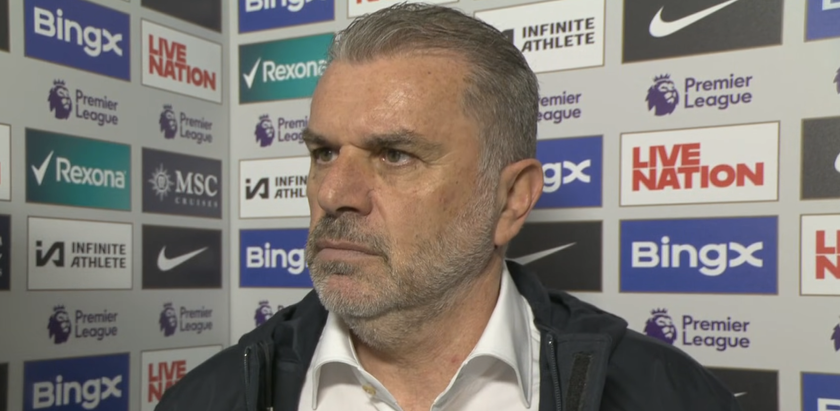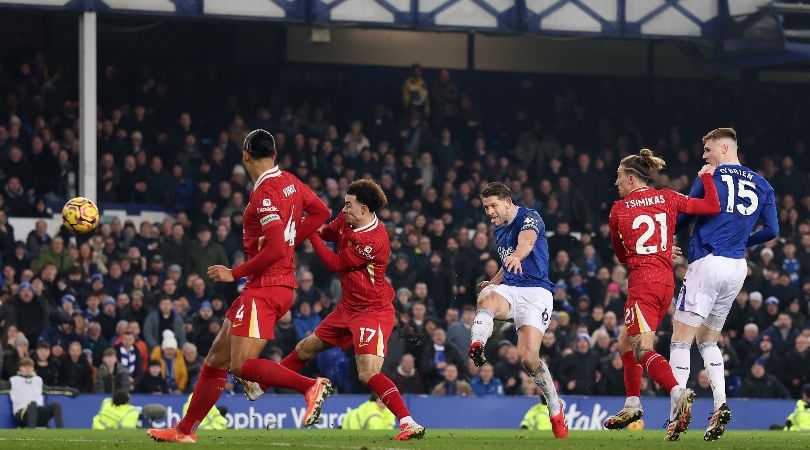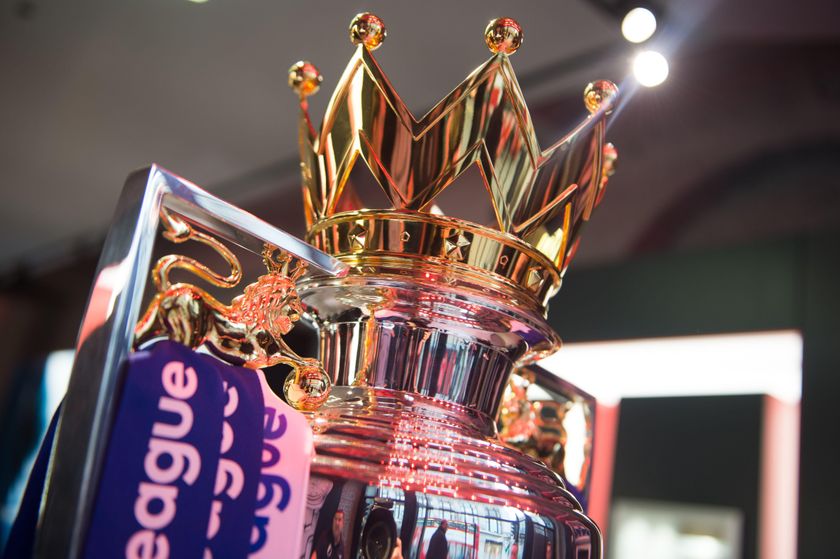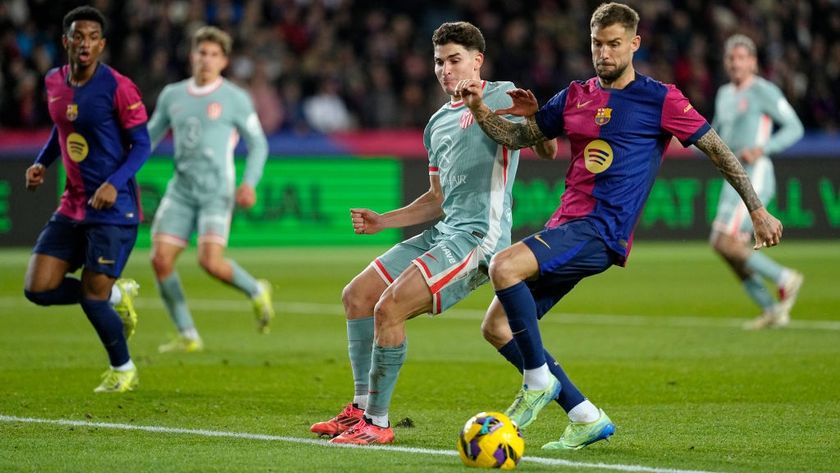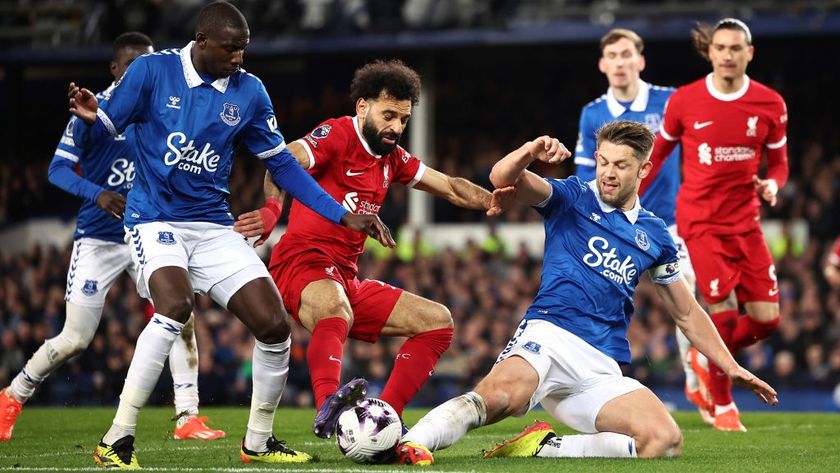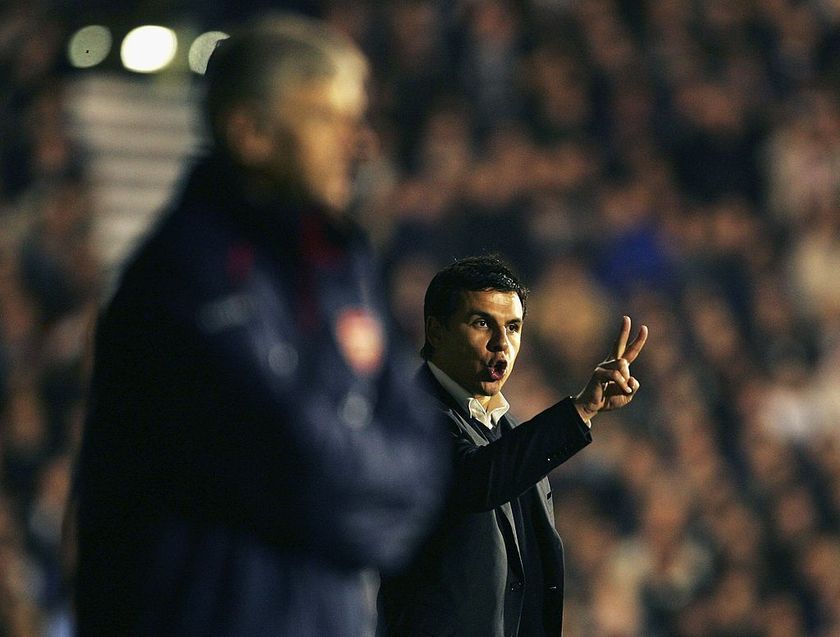Football in the City of the Dead: The truth behind the first match of the Siege of Leningrad
It was a story that could have been taken straight from the script of a Hollywood movie. There was no glory, no glittering trophy or hero as such, but amid the utter devastation and suffering wrought by GermanyâÂÂs brutal siege of Leningrad during World War Two, a football match took place. For its war-weary people, Dinamo Leningrad versus Nevsky Zavod was not just an allegory of resistance, but a defiant gesture that their city would not surrender.
Operation Barbarossa â the Nazi invasion of the Soviet Union â began on 22 June 1941. They soon reached Leningrad (now St Petersburg), but in the face of fierce resistance, Adolf Hitler instead ordered his generals to impose a blockade. By September the city was surrounded. The Wehrmacht severed communications and subjected it to fierce artillery and aerial bombardment during a siege that lasted 872 days. According to official figures, starvation, hypothermia, disease or enemy action killed 632,000 people, although the actual death toll is probably closer to a million.
Conditions were appalling, and made worse by one of the harshest winters in decades that saw temperatures plummet to -35úC. In April 1942 the Luftwaffe airdropped macabre pamphlets entitled âÂÂLeningrad: the City of the DeadâÂÂ, that bluntly informed the populace of their fate. âÂÂWe will not take her yet but only because we are scared of an epidemic from the bodies,â said the gruesome missive. âÂÂWe have wiped this city from the face of the earth.â They had even deposited chilling invitations to a âÂÂvictory partyâ at the Hotel Astoria. But Leningraders would not submit. Indeed, sport became a means by which to raise spirits and show the Germans that life continued.
German infantrymen advance towards Leningrad in September 1941
The Soviet championship followed the calendar year â it didnâÂÂt use the âÂÂautumn-springâ system favoured in the west and recently adopted by Russia â so was almost at the halfway stage when Germany invaded. Leningrad had been represented by three clubs in the Top League: pre-war favourites Dinamo, the now defunct Spartak and Zenit, who began as a team from a local metal plant. The final football was played on 24 June. Despite a few ad-hoc games during the siege, the âÂÂBlockade MatchâÂÂ, as it came to be known, had been the first âÂÂproperâ fixture and was organised by the Regional Party Committee.
At that time many footballers had been evacuated, some were dead, others serving in the forces or police, while a few remained in Leningrad. Details of the Blockade Match are hazy, but the most important fact is that on 31 May 1942, Dinamo played Nevsky Zavod (the metal plantâÂÂs team that was, in essence, Zenit) in a fixture that became testimony to the cityâÂÂs strong spirit and resilience. Some players even returned from the front for the match.
Dinamo, with many of the squad enrolled in the army or police, had better fitness levels. They suggested a full match. Nevsky Zavod wanted two halves of 20 minutes and, while there are some reports of it indeed lasting one-and-a-half hours, others claim that their meeting consisted of two 30-minute halves. Certainly this is the assertion of ZenitâÂÂs historians.
Get FourFourTwo Newsletter
The best features, fun and footballing quizzes, straight to your inbox every week.
With resources limited, civilians attempt to collect water from a broken main
One irrefutable fact is the venue. DinamoâÂÂs stadium on Krestovsky Island had suffered heavy bombing so it took place on their reserve pitch. Most of the terraces were gone, either damaged or taken as firewood the previous winter. Even before kickoff the sides had been warned not to kick the ball on to an adjacent field being used as a makeshift allotment.
Romantics insist that a large crowd was in attendance on that warm and sunny day â as high a couple of thousand, perhaps â while others have been slightly more conservative in their estimates. It was likely just a small number were present. Certainly the patients of a nearby hospital and some factory workers witnessed it. The game, broadcast over the radio, probably wasn't heard by either set of troops on the frontline, despite claims to the contrary. The majority of Leningraders only really learned about the match a couple of days later from newspapers.
A Russian gunner staves off the assault on the Leningrad suburbs
Reports vary. One imagines the siege had left both sides in poor physical condition, despite their preparations, and that it perhaps wasn't quite the fast-paced match Leningradskaya Pravda details. But there had been a sense of occasion. Both teams were fully kitted out, clean-shaven and well-groomed. It proved to be a struggle, however, with some players collapsing from exhaustion and needing help to get back up again. Neither sat down at half-time for fear of being unable to stand and at the final whistle they walked off in arms.
Separating fact from fiction is difficult; even the date is disputed. Some claim that the first match was actually DinamoâÂÂs 7-3 victory over a Baltic Fleet side, although the game with Nevsky Zavod is generally accepted as taking place earlier. They may or may not have sought shelter from a German attack, but we do know that Dinamo won 6-0, and that a week later they played out a 2-2 draw in front of 250 spectators, despite nearby shelling. By no means the only game during the siege (football became an almost regular event), it is their first fixture, and one that became one of legend for St Petersburg.
The Monument to the defenders of Leningrad in modern day St Petersburg
Football formally returned to the USSR in July 1944, with a cup competition that included both Zenit and Dinamo. The league began the following year. Zenit, after defeating Dinamo MoscowâÂÂs first and second teams, along with AzerbaijanâÂÂs Dinamo Baku, overcame Spartak Moscow to earn a place in the final, where Konstantin LemeshevâÂÂs side beat CDKA Moscow 2-1.
No side from outside of the capital had ever won the competition before and it was also ZenitâÂÂs first piece of silverware. In a city proud of its history the Blockade Match is not forgotten. Last year, on its 70th anniversary, a monument honouring the two sides was unveiled on Krestovsky Island and the match recreated to honour those who provided Leningraders with a beacon of hope in its darkest hour.


